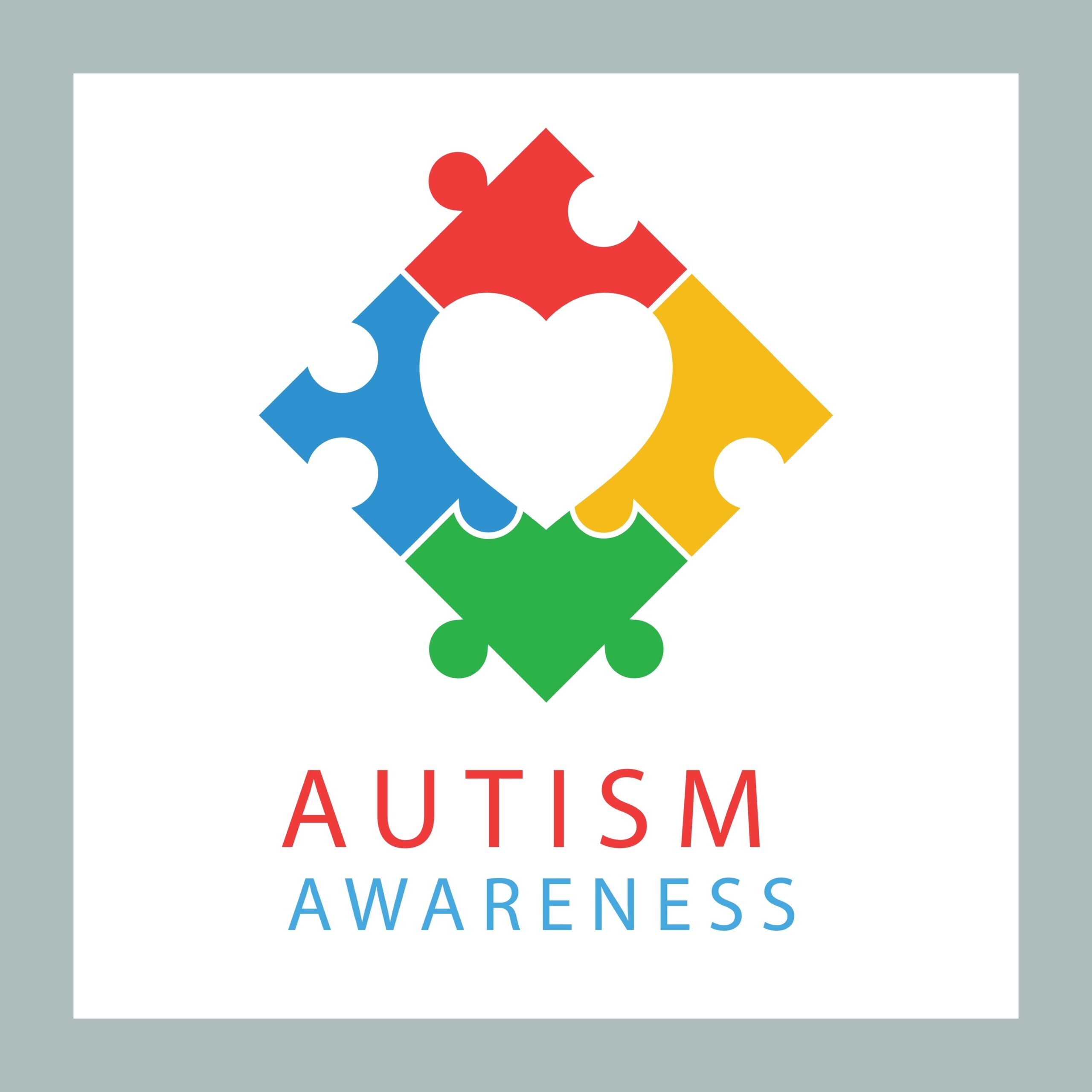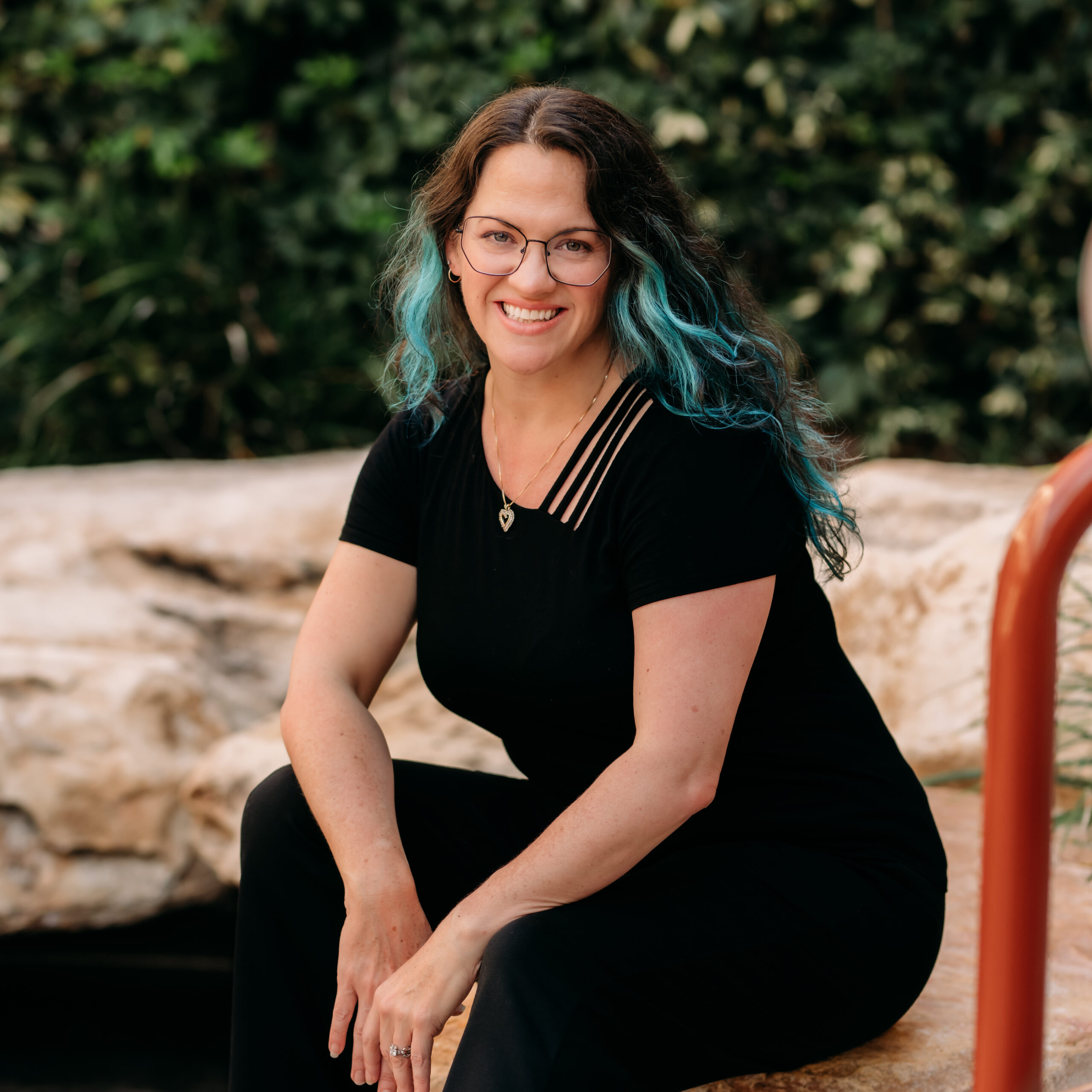
“Treating” Autism?
"Autism is not a behavior or condition to solve or eliminate." ~ Kathleen Moye
Adult clients often inquire about autistic traits in therapy, and I have found that autism may very well be a potential underlying factor in many clients' struggles. I question the concept of “treating” autism, because from my point of view autism is not a behavior or condition to solve or eliminate. Rather, I prefer to focus on understanding a person’s stressors that activate their unwanted or ineffective behaviors and opt to find solutions and skills to support a person’s needs. In attending to how autistic experiences complicate a person’s ability to cope and manage concerns such as depression, anxiety, and trauma, it is best to foster a sense of collaboration with curiosity, validation, and mindfulness. In other words, sometimes it is really about self-awareness and acceptance rather than change.
Diagnosing autism as an adult can be tricky, especially if symptoms went undefined in youth; and sometimes, people fear the stigma of being labeled neurodivergent. However, connecting with community and resources by others who have shared this struggle can be extremely validating and helpful for improving one’s quality of life - even without formal diagnosis. Self-report tools can be helpful in increasing understanding and validation of challenges a person may be facing as well as for discussing with a therapist or seeking further evaluation. Embrace Autism is one website that centers self-discovery and curiosity as well as several self-report scales measuring experiences.
Nick Walker has written copiously on the topic, and I have started using her witness as an entry point with some clients to begin exploring their connections to the challenges of daily living. In her essay “What is Autism?” she shares a glimpse of the intense world experience of autistic individuals, how their nervous system is different, how they may differ vastly from one another, and suggestions on how we as a society could strive for more understanding and support rather than pathologizing autistic individuals. The language is fairly academic, but she shares clear points about autistic experiences in both external and internal ways that differ from peers.
Walker delves into the impact of autistic experiences on integrating with or meeting social expectations. Stories shared in therapy include numerous accounts of studying, down to minute details, the behaviors and mannerisms of others so that they can replicate or present themselves appropriately in social situations. They also share memories from an early age of struggling to fit in. While working to assimilate, they are often overcoming intense sensory stressors (e.g. uncomfortable lighting, distracting visuals, intense sounds, smells or textures of an environment) to remain present. It is unlikely that this much effort is required of others in their same environment, and rarely do others return the favor of such deep attention to the autistic individual (Click here to read more on the “double empathy” problem.). “Difficulty meeting the social expectations of non-autistics often results in social rejection, which further compounds social difficulties and impedes social development,” Walker asserts.
Because autism is developmental, these challenges on some level have been experienced throughout a person’s entire life, and can be an ongoing challenge for engaging, learning, and adapting in new situations and experiences. Mental health concerns such as depression, anxiety, and trauma can even result due to a person’s grappling with social relationships, meeting expectations of everyday academic or work settings, not to mention processing intense or life-threatening experiences. Autism often co-occurs with ADHD, as well. Autism behaviors and traits like intense emotions and reactivity to cues, difficulty with emotion regulation, avoidance of or aversion to different environments or experiences, and habits or characteristic actions can mimic those of complex PTSD and personality disorders. Autistic identity exploration also may intersect with a person’s discovery around culture, gender, and sexual identities.
For these reasons, it is useful to sort out the similarities, differences, and interactions with a therapist and/or through further evaluation. Through this process, you may find useful information relating to your needs and preferences that help you develop individualized and effective strategies in your life. Given that finding a therapist who is informed about autism may be challenging, I welcome the opportunity to explore your experiences from a place of mindful acceptance. Further, I hope to contribute to changing the narrative about autism and neurodivergence from something that needs to be "treated" to an experience that is met with acceptance, validation, and understanding.

Written by:
Teen & Adult Psychotherapist, Drama & Expressive Arts Therapist

